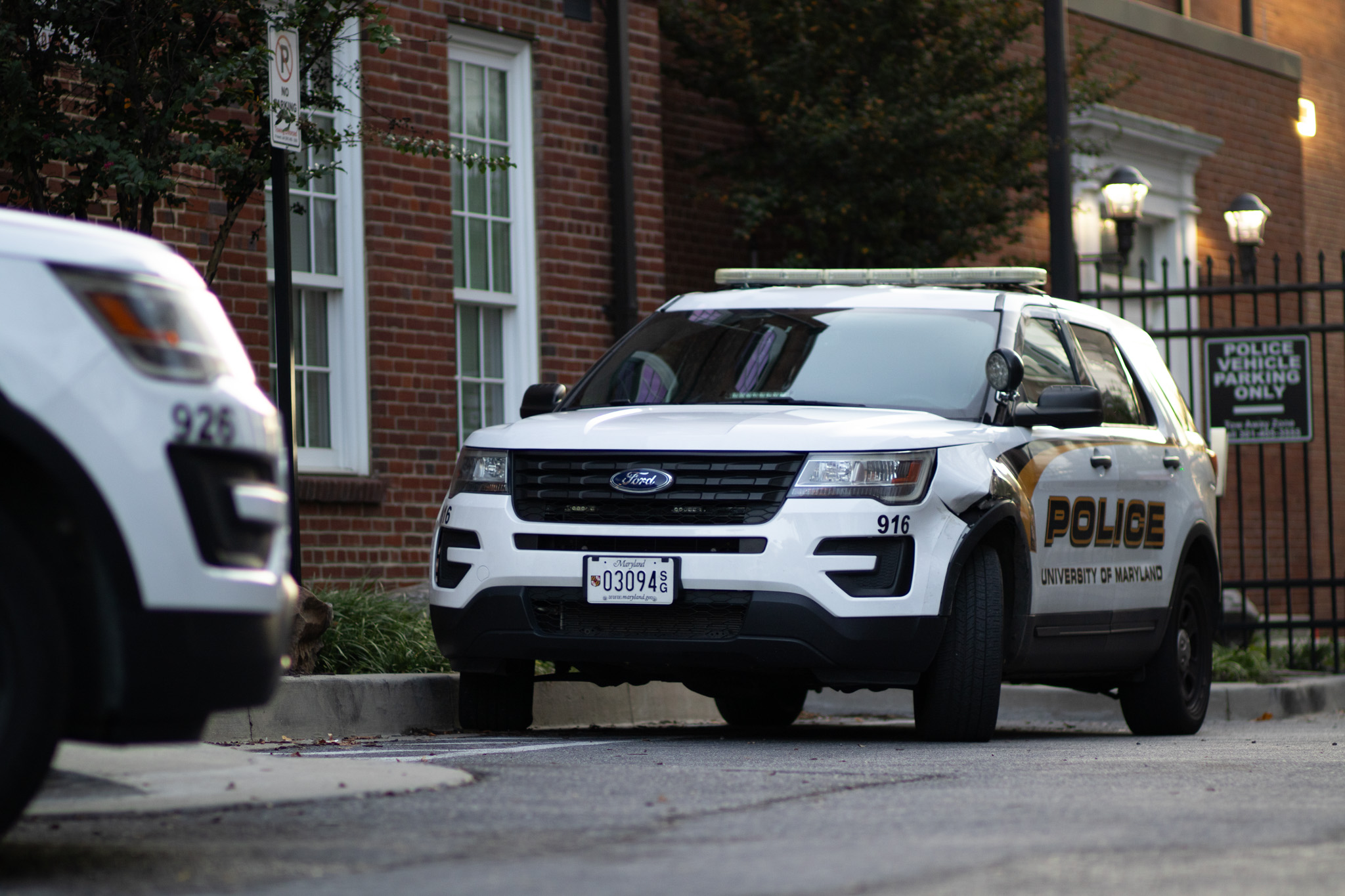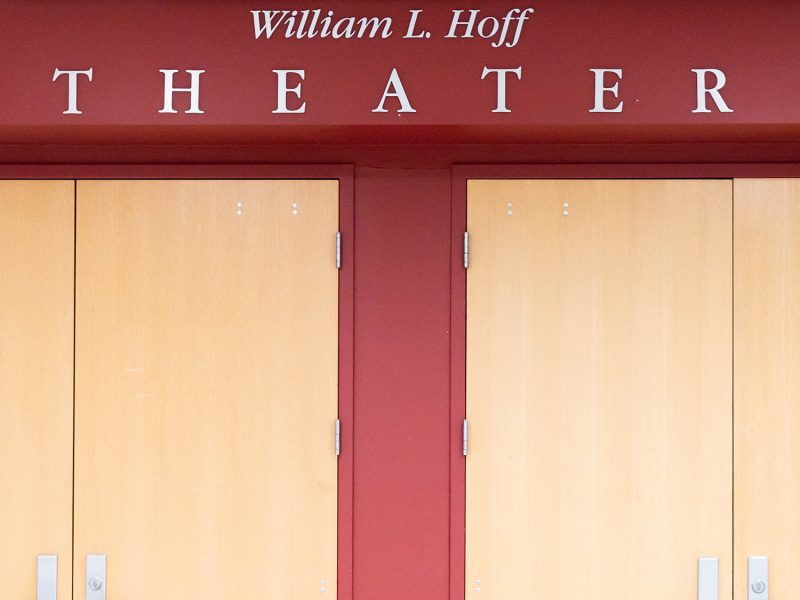Views expressed in opinion columns are the author’s own.
UMD Alerts from the University of Maryland Police are commonplace in students’ inboxes.
In the month of October alone, there were five on-campus active emergency or assault notifications. Many of us on campus felt left in the dark as to the outcomes of these incidents, and police’s vital communication about their process for handling crime still sets many students on edge.
A recent notification students received at the end of November gave a brief warning regarding a knife assault in Regents Drive Garage. The final notice accompanied a line that many students are all too familiar with: officers searched the area but were unable to locate the suspect.
These incidents increase fear and distress while living on campus. I walked home that night in the dark knowing that someone with a knife could be anywhere, and felt like police had no answers for me. I felt discouraged and scared attending a university where a situation like this could occur.
These safety concerns make one thing abundantly clear: the Campus Safety Advisory Council in partnership with police needs to implement a monthly forum so students can raise their questions and concerns, as well as gain answers as to the police processes.
Most students have no way of knowing what means officers use to locate perpetrators and prevent crime. While university police offers ride-alongs, where students are able to sign up and ride with an officer during a shift, some may feel uncomfortable spending time alone with a police officer.
Police also host a monthly “Coffee with a Cop” at Stamp Student Union — an hour long coffee and conversation event at The Coffee Bar. This is a great opportunity for students and officers to meet. Having police become more familiar with students at this university does a lot of good.
However, Stamp is a social hub for students on campus, and I know it’s not a place I would feel comfortable having potentially tough conversations with officers. I would be much more comfortable speaking my mind in an event specifically dedicated to those types of conversations.
With the higher than average crime rates in College Park, we need a more serious venue to discuss policing issues that affect this university’s students.
This is where the Campus Safety Advisory Council comes in. The council is mandated to meet only once a semester to discuss how to bring the campus in compliance with President Pines’ general campus and community recommendations. There needs to be more consistent student involvement with university police.
Texas A&M University hosted an open dialogue with law enforcement in 2016, which was a public event for students to engage in conversation with police to promote transparency and trust between officers and their community. Research suggests open dialogues between communities and police create mutual trust and respect between the two. Thus, following in Texas A&M’s footsteps could lead our students to feeling safer on campus.
An open forum could also help to address the recent rise of hate bias incidents on campus. We need a mechanism to keep students up to date on this university’s efforts to prevent future incidents. With forums, students have a way to provide direct input on university hate-bias policies, and officers can better inform students on handling and reporting hate-bias incidents. Most importantly, this university’s students will be able to hold police accountable for their progress in solving this serious problem.
The Safety Advisory Council has tremendous potential to become and advocate for safety on campus. But it can only become this vision if it’s used to facilitate frequent conversations between police and this university’s students.
Isabella Cusack is a sophomore English and Public Policy major. She can be reached at icusack@umd.edu



